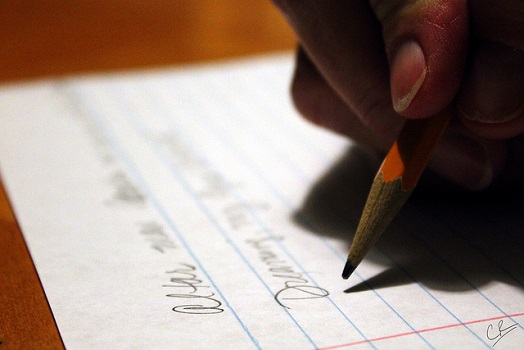 Quick Notes: The Art of Juxtaposition in Creative Writing
Quick Notes: The Art of Juxtaposition in Creative Writing
Recently, I graduated from Lesley University with an MFA in creative writing, and I decided that I wanted to share what I learned in a series of blog posts.
I decided to share for two reasons:
1) My notes, although not too detailed, could possibly help other writers.
2) Rewriting my notes forces me to re-read and re-think everything I learned, so it’s a win-win.
But before we dive in, please keep two things in mind:
1) These notes are neither complete nor perfect. The classes at Lesley were not typical lecture/note classes; the classes were filled with writing and thinking exercises and often this left no time for notes (in a good way). However, even with that, these sparse notes, I do believe, could still offer value.
2) I may, from time to time, include actual writing prompts from the classes, please bare with me, they’re first drafts and were done in the moment.
I hope you enjoy this series of notes and if you have any questions about the notes, Lesley University, or MFA’s, please feel free to contact me.
Juxtaposition
Juxtaposition is placement. It’s not metaphor or simile. Instead of having to spell things out or directly say something, you can put two things side by side and the juxtaposition can say it for you.
Juxtaposition between words and pictures.
Juxtaposition between facts and humor.
Juxtaposition between time; between tones; and between voices.
“Feel free to make fun of yourself.” – Sherman Alexie
“Art is the means of transferring feeling from one man’s heart to another.” – Tolstoy
“Openings are seeing someone for the first time.” – Richard Goodman
*Take out everything that doesn’t have to do with the story.*
In the beginning – raise questions, provide tension, arouse suspicion, create suspense, establish expectations.
In class writing prompt: Starting in the middle: “Jack had challenged me, again. Another brotherly competition he said. We had already discovered that he was the faster runner, the best.”
See different levels of reality in one situation…
Click here to see more MFA Notes…
Recommended book for this section: On Writing Well, by William Zinsser.
Picture: Flickr/Caleb Roenigk